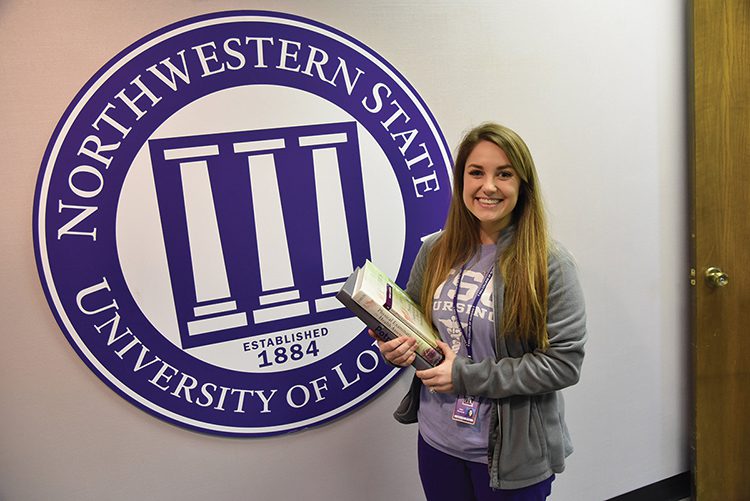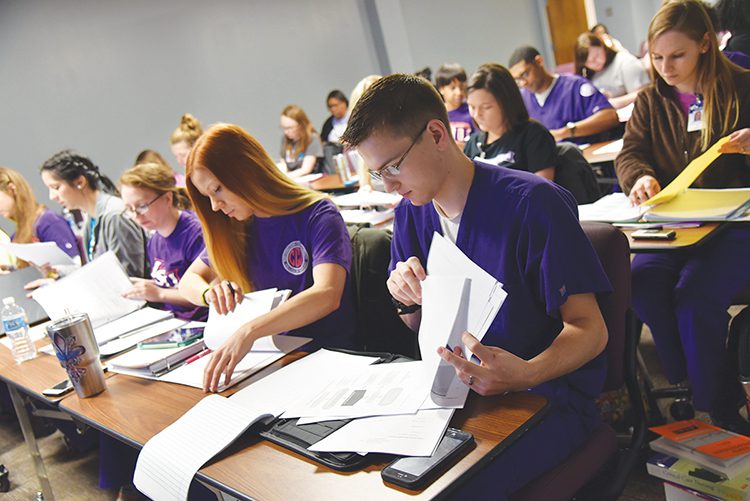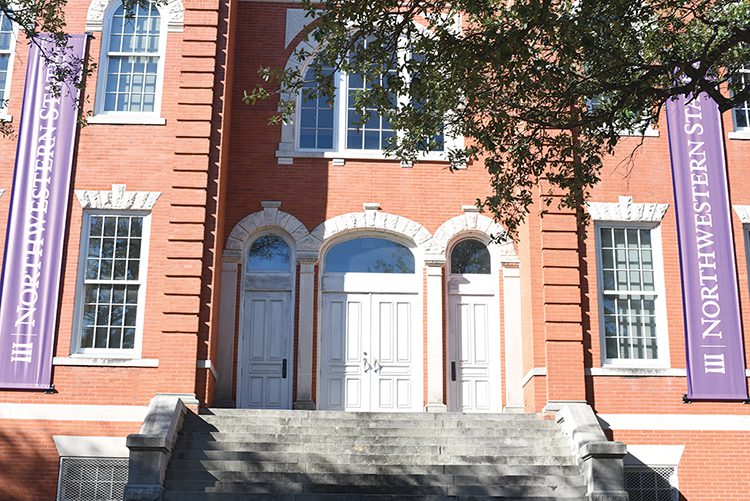





LPN (licensed practical nurse) – training usually occurs in the trade school setting. LPN training can take one to two years depending on the program.
RN (registered nurse) – Registered nurses may choose to enter the profession via the associate of science in nursing (ASN) degree or the baccalaureate of science in nursing (BSN) degree. The ASN degree is most commonly granted through the community college systems, while the BSN degrees are conferred at the university level. Both must meet the minimum standards for entry into nursing practice by passing the National Council Licensure Examination (NCLEX).
Nursing is an important, bedrock component of nursing practice. Nurses can specialize in and receive certification in population specific areas exhibiting expertise through testing and advancing skills. For example, a labor and delivery nurse may seek certification as an inpatient obstetrical nurse, in fetal monitoring or high risk OB.
Nurses have the opportunity to advance their careers with formal education as well. The master of science (MSN) degree is required for nurses seeking the advanced practice registered nurse roles. These include Certified Nurse Midwives (CNM), Nurse Practitioners (NP), Nurse Anesthetists (CNA), and Clinical Nurse Specialists (CNS). Nurses can also seek advanced degrees in administration and education.
Nurses choosing to reach the pinnacle of the educational spectrum can do so by pursuing a doctorate degree. The two most common are the Doctorate of Nursing Practice (DNP) which is a practice doctorate and the Doctor of Philosophy (PhD) which is considered a research doctorate. They share a combined goal of improving patient outcomes; one through creating new knowledge and the other by putting that knowledge into practice.
Nursing requires much from those who choose to join its ranks. Nursing education is exacting. It requires sacrifice and dedication to achieve it. While other young adults are fellowshipping with friends, taking in the latest movies and bingeing on their favorite TV shows; nursing students are typically scheduling another study group, making note cards for the next exam or revising a care plan for the umpteenth time before finally turning it in. The work is hard; therefore, the commitment must be absolute. The student must have a motivation beyond money and job security. There must be compassion, a desire to improve the lives of others, and a calling to serve. Nursing has consistently been regarded as the most highly trusted profession for many years. The unique characteristics of nurses, the nature of the service the profession provides, and the ability to put the needs of others before the needs of self is a major reason for the public trust afforded to the profession.
Nursing today is as varied as its members. Nurses are not only the largest group of health care workers; they are authors, policy makers, corporate CEOs and board members. They are military officers, community leaders, researchers, educators and administrators. Nurses are entrepreneurs, promoters of health, and patient advocates. This variance strategically places nurses in a position of power to positively impact the communities they serve locally, the national health care landscape as well as the international health of the global community.
Nursing is a giving profession, and I have received much from it. Starting as a baccalaureate graduate, I worked in labor and delivery and had the most fun singing happy birthday every day and also experiencing times of the most extreme sadness when a baby was lost. Labor and delivery allowed me the opportunity to care for mothers and babies in routine situations, experience the adrenaline rush of the emergency C-Section, or scrub in during surgical procedures. With that same nursing degree, I was able to work on a medical surgical unit preparing to become a nurse manager of a new neurology unit. Then it was back to school to take on the advanced practice role as a family nurse practitioner, caring for patients, teaching, and owning a business. My journey includes obtaining the DNP, which allows me to work with DNP students with the express purpose of creating leaders to impact and improve patient outcomes, all within the profession of nursing. Each nurse’s story is different. Each nurse’s path is unique. Most of us who have been in the trenches for any length of time would tell you that while there are challenges, we are proud to be called a nurse.








